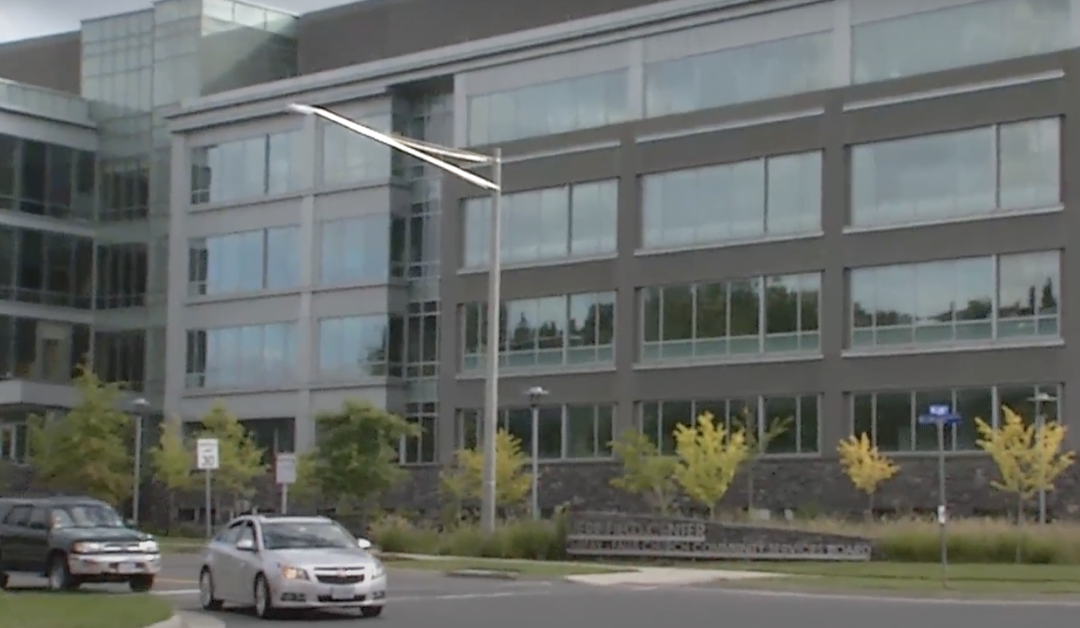In the Virginia Commonwealth, Community Services Boards (CSB’s) offer publicly funded assistance for those seeking treatment for substance use disorders as well as other mental health concerns. The Fairfax-Falls Church CSB’s Addiction Medicine Clinic (AMC) provides medication-assisted detoxification services and substance abuse treatment to adults in an outpatient setting. We asked Dr. Debra O’Beirne, Medical Director at the Fairfax-Falls Church CSB, and Rebecca Waxman, Behavioral Health Supervisor, LCSW of the Addiction Medicine Clinic (AMC) at the Fairfax-Falls Church CSB a few questions about their program:
What are the guiding principles of the AMC?
Treatment at the AMC is based on the medical model. Decisions about medication prescribing are based on safety and the individual’s specific situation. AMC takes a harm-reduction, non-punitive, abstinence-encouraging approach. Relapse is considered part of recovery. Individuals who are struggling to stabilize will be given more support. While AMC encourages abstinence from drugs and alcohol, we do not discharge for use.
How would you explain AMC’s high successful recovery rate for treating addiction versus an abstinence-only model?
What makes the Addiction Medicine Clinic (AMC) at the Fairfax-Falls Church Community Services Board unique is our commitment to the treatment of addiction through the application of the medical model. We recognize that relapse is a part of the disease of addiction and are therefore committed to maintaining our position to provide evidence-based care to individuals who qualify for Medication Assisted Treatment (MAT). What makes us different from an abstinence-based model is that we will continue to care for a patient at the AMC if they relapse. We will provide additional layers of support so they may rebound more quickly and successfully. Typically, an abstinence-based model would discharge a patient from their care in the instance of a relapse leaving the patient without support or direction during a vulnerable time. To further illustrate the engagement of our patients at the AMC, their progress is tracked by a phase system. Individuals in Phase 3 are in the maintenance stage of their recovery and are living relatively stable and meaningful lives. The majority of individuals we serve are currently enrolled in Phase 3.
Why is it that multiple treatment approaches to treating addiction are more effective and what are the supplemental treatments that AMC recommends for clients in addition to MAT?
MAT stands for “medication-assisted-treatment” which infers that medication is only one part of the treatment. The other part of the treatment includes supportive counseling. At the AMC, we offer Case Management (supportive counseling) as a layer of support to assist patients as they progress on their recovery journey. Patients report feeling safe and less vulnerable when they can speak with an addiction treatment professional. Our team is available and ready to assist by empowering patients when faced with conflict or crisis. Patients at the AMC work with a provider/prescriber, take medication, engage in case management, and are treated by nursing staff to address their physical health. Medication is useful, but it is not a magic bullet and can’t handle everything on its own.
Can you share an individual success story for a client who previously wasn’t responding to treatment?
An individual recently served at the AMC started his drug use at an early age. By the age of 18, he was in and out of the Adult Detention Center (ADC) for drug-related charges. During his last incarceration with the ADC, the Sheriff’s Office facilitated an assessment and recommended this individual for services through the AMC at the Fairfax-Falls Church Community Services Board (CSB). He began receiving AMC services while still incarcerated. Once released, he continued with medication and case management services offered by the AMC for more than twelve months.
This individual was able to achieve and maintain sobriety due to the combination of his and the partnership team’s commitment to reintegration into the community. Someone transitioning from the ADC back into the general public is highly susceptible to overdose. Because of this, links to medication, transportation and housing are provided to individuals who are assessed and recommended this level of support.
“It’s motivating in itself, just being in the program, to want to reach out to other people and want to motivate them.” -Mike, recipient of AMC services
Are you able to offer treatment to those without access to insurance or Medicaid?
Yes. Many of our clients are Medicaid beneficiaries. For those without insurance, we provide a sliding scale rate and have a team dedicated to making services financially accessible.
Do you encourage clients to also attend twelve-step programs to supplement their medication assisted treatment?
Having a support network of positive influence is critical to long-term sustained success in recovery. We encourage all clients to build a support network in the community. For a lot of people, that includes a peer support group like NA or AA. Not everyone wants to do a 12-step program, and that’s okay. We support patients when they have a plan, they believe will work for them. For some it’s a church community, and for some it could be a supportive family and friend group.
Fairfax-Falls Church Community Services Board (CSB) is a valued Sustaining Member of the Virginia Association of Addiction Professionals (VAAP).
The Fairfax-Falls Church CSB is hiring! Please visit Careers with the CSB | Community Services Board (fairfaxcounty.gov) for job opportunities.
VAAP promotes the advancement of addiction professionals by providing updated advocacy efforts, information on research & clinical interventions, and local, regional, & statewide training opportunities. For more information, visit www.vaaddictionpros.org.

